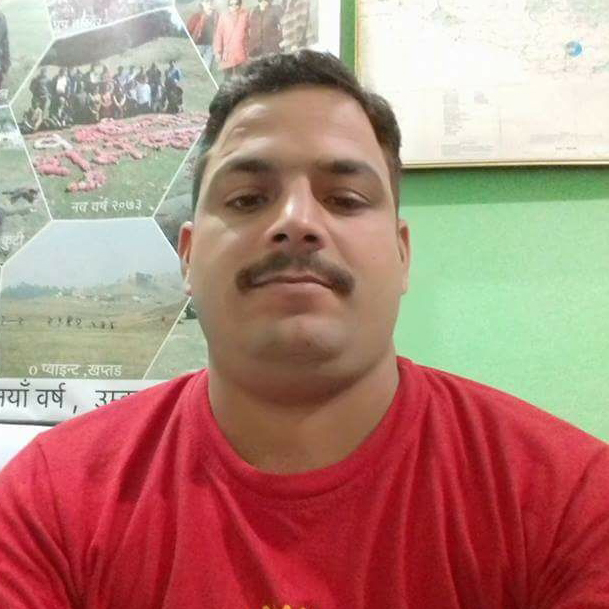Sudurpaschim Province
Retired Gorkha soldiers in India’s Dehradun keep the traditional Naumati music alive
Indian Army ex-serviceman KB Gurung’s troupe has been bringing the timeless Nepali beats to community celebrations in the Uttarakhand city.
Bhawani Bhatta
In the bustling city of Dehradun in India, the traditional music of Naumati—a set of nine traditional Nepali percussion and wind instruments—echoes during auspicious occasions like weddings, Bratabandha [initiation ritual for boys], festivals, and cultural events. The movement to preserve this unique cultural heritage is led mainly by retired Gorkha soldiers who have traded rifles for rhythms.
Sixty-year-old KB Gurung, originally hailing from Baglung district of Nepal, is among the musicians promoting Naumati in Dehradun. Having served for over 30 years in the Naga Regiment of the Indian Army, he now resides in Dehradun and is well-versed in playing several instruments like the Shehanai (a type of oboe), Karnal (a large trumpet), Dholaki (drum) and Jhurma (small drum), among others.
"This is our culture and it’s our responsibility to preserve it. We served in the military force when we were young. We are now dedicated to preserving our heritage,” said KB Gurung, adding that he felt proud of preserving and promoting Naumati tradition.
Like Gurung, most of the members of the Naumati group are retired Nepali soldiers from various Indian Army regiments. While some learned the instruments traditionally, others turned to platforms like YouTube to master them. “We brought instruments from Nepal to keep our musical culture alive. We felt that we missed our traditional music during various functions and festivals. So we took initiatives to buy the instruments and learn to play them,” said 66-year-old Gesh Bahadur Gurung, who also served in the Naga Regiment for years. His troupe is now frequently invited to perform at weddings, Bratabandha and festivals across Dehradun.
After retiring 10 years ago, Gesh Bahadur committed himself fully to music. According to him, the Gorkhali community in Dehradun enthusiastically celebrates festivals like Dashain and Tihar. Naumati performance has been a core part of the events, especially organised at places like the historical Nalapani fort.
The Naumati group consists of 12 retired soldiers. They travel throughout the region to perform the traditional music during the auspicious occasions, festivals and functions. “We have learned to play the instruments. We’re now passing this tradition to others,” said Sher Bahadur Pun, a retired captain of the Indian Army. “We had knowledge about Naumati baja but our children were unknown about it. They gradually know about it and understand its value,” he added.
Like DB, Gesh Bahadur and Sher Bahadur, many people of Nepali origin came to Dehradun during their fathers’ or grandfathers' generations. They are now devoted to keeping their ancestral culture alive. However, they are worried about its future. Most of their children are engaged in other professions, showing little interest in traditional music. "We barely managed to learn and perform it. After us, it might vanish altogether," lamented Gesh Bahadur.
Owing to their efforts in preserving Nepali tradition and music, cultural enthusiasm persists among the community’s younger members, particularly women. Gorkhali women have embraced traditional dance, performing folk songs like Salaijo during major cultural fairs. A recent example was seen during the Indo-Nepal International Trade Fair held at Ranger’s Ground, Dehradun. The week-long event organised recently featured daily Nepali musical and dance performances. During the inauguration, the retired soldiers welcomed guests with the powerful and nostalgic beats of the Naumati.
As these veterans continue to perform with pride, their biggest hope remains that the next generation will pick up the instruments and keep the sound of their heritage alive for years to come.




 23.51°C Kathmandu
23.51°C Kathmandu















